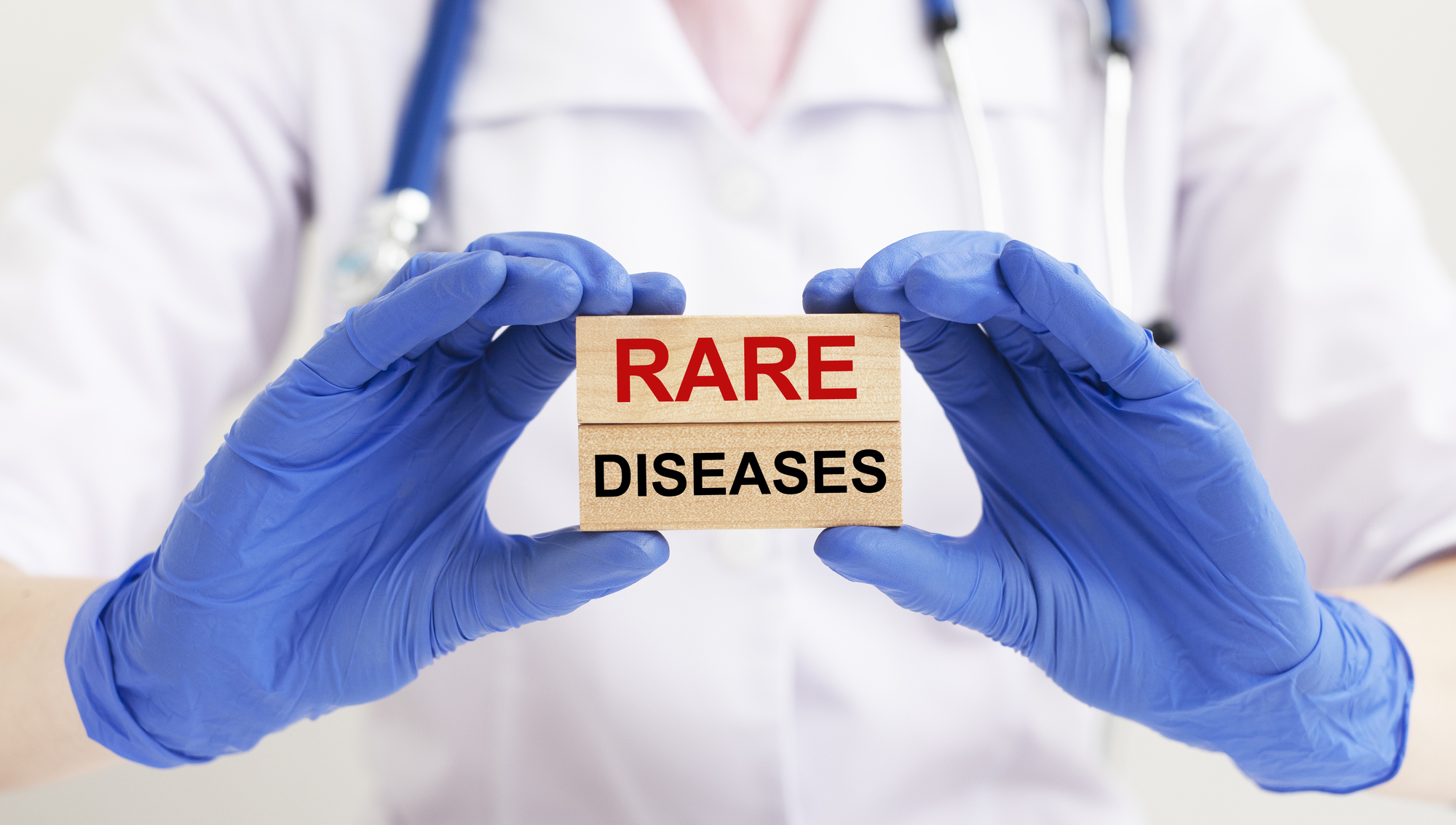Help Support Cork Safety Alerts – Donate the price of a coffee here via Stripe: https://csalert.ie/donate
The Minister for Health, Stephen Donnelly, has today announced a substantial increase in funding for rare disease initiatives, pledging an additional €5 million in recurring funds for 2025. This commitment brings total funding for rare diseases in Ireland to €6.5 million in 2025, with a further rise to €8 million slated for 2026.
This financial boost aims to support the 300,000 individuals in Ireland affected by rare diseases, a group that faces unique challenges given the scarcity of specialised care and services available. Of this funding, approximately €700,000 will be dedicated to services for those living with epidermolysis bullosa, a painful genetic condition that causes the skin to be extremely fragile. This will include new nurse-led community support, care coordination, and mental health resources to ease the daily difficulties faced by these patients.
With over 8,000 known rare diseases worldwide, individuals and families often navigate their healthcare journeys in isolation, facing complex medical needs that require specialised attention. The added funding announced today is designed to address these challenges by enhancing available support services and facilitating international cooperation to further treatment options.
Stephen Donnelly, Minister for Health, expressed his support:
“I have listened very carefully to the case for additional funding made by a number of advocacy groups for rare diseases, and I commend organisations like Debra Ireland and their courageous ambassador Emma Fogarty for shining a light on the challenges faced by patients in their everyday lives.
I understand it can be a lonely and frustrating task to fight for increased resources for a disease that affects a tiny number of people. However, I believe that investment in robust initiatives can deliver collective support for all people living with rare diseases. One in 17 people in our population are living with a rare disease, and the additional funding I’m announcing today is an investment in their improved quality of life and in better health outcomes.”
The funds will also support the forthcoming National Rare Disease Strategy, set to launch in 2025, which will focus on developing streamlined, coordinated services for rare disease patients across the country.
Professor Mary Horgan, Interim Chief Medical Officer, praised the funding, saying:
“This additional funding will ensure increased momentum in 2025 as work gets underway on the implementation of the new National Rare Disease Strategy.
People living with rare diseases, their families and carers are to be commended for their ongoing efforts to highlight how unmet health needs are impacting on their lives. With this significant additional investment we can now deliver improved supports that will make a tangible impact to the 6% of the population living with rare diseases.”
The investment also strengthens Ireland’s ties with the European Reference Networks, which link healthcare professionals across Europe to share expertise on rare diseases, enhancing diagnosis and treatment. With this support, the Health Service Executive’s National Rare Disease Office will be equipped to drive progress, maximising the impact of this funding for patients and their carers across Ireland.
Vicky McGrath, CEO of Rare Diseases Ireland, remarked:
“I welcome this strong commitment by Government to provide an additional €5 million in funding for rare diseases. This funding will make a significant difference to our ability to implement a new rare disease strategy for Ireland to drive much-needed improvements in the diagnosis, treatment and care of people living with rare diseases in Ireland.”
This commitment to rare diseases marks a major step forward in the Programme for Government’s pledge to develop a comprehensive National Rare Disease Strategy. Expected to launch soon, the strategy will shape Ireland’s healthcare landscape, offering hope and renewed support to those living with rare diseases and the families who care for them.

